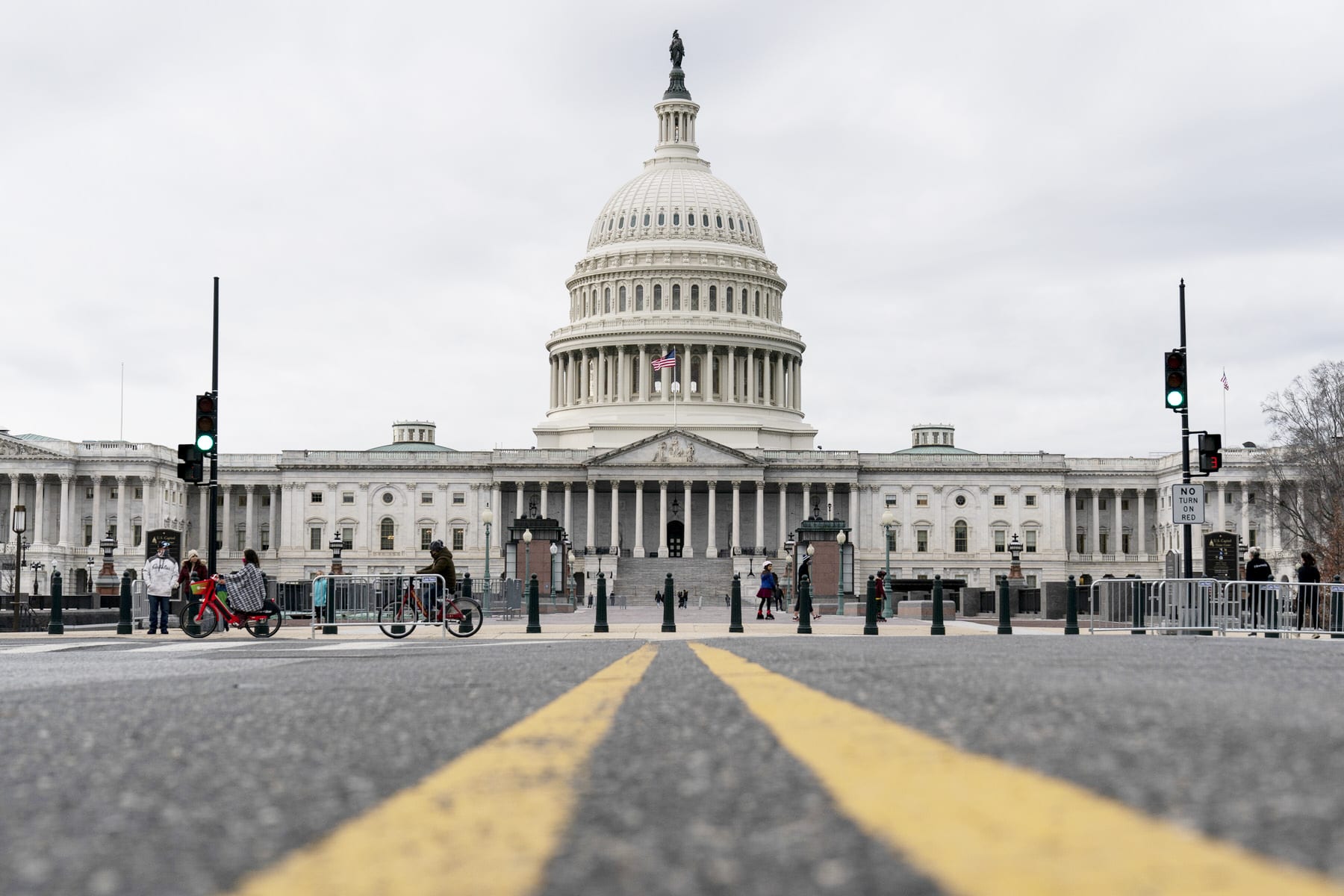Tucked in the Senate-approved COVID relief bill waiting for President Joe Biden’s signature is the first major expansion of the Affordable Care Act — the health care reform that dramatically expanded insurance access and protections for women and LGBTQ+ people, but still left about 10 percent of the country without insurance.
ACA changes include bigger subsidies for people buying individual insurance by capping spending on marketplace plans at 8.5 percent of a person’s income. The bill would also allow people with higher incomes — 400 percent of the federal poverty level, or about $70,000 for a family of two — to qualify for insurance-purchasing subsidies.
Additionally, the relief package would offer financial incentives for holdout states to opt into the ACA’s optional expansion of eligibility for Medicaid — which insures low-income people and is jointly run by state and federal governments — by temporarily increasing how much of the program’s costs Washington covers.
The relief package does not include a public option, the government-provided optional health insurance that Biden campaigned on, and does not address the price of prescription drugs, which women are more likely to report skipping because of the price. And economists note that, when it comes to controlling health care prices and spending, subsidizing private insurance is less efficient than providing more people coverage through a public plan, which the government could use to negotiate lower prices.
The ACA expansions have drawn criticism from Republicans, none of whom voted for the relief bill, and who argued that it included Democratic priorities not directly related to the pandemic.
But the changes could significantly boost women’s health care access, making existing options more affordable and increasing rates of people with insurance, according to a new report from Protect Our Care, a pro-ACA advocacy group.
The report, shared exclusively with The 19th, points to the heavy job losses women have suffered in the pandemic. Even as the economy claws back, unemployment among Black women is climbing up, per the latest jobs report, and unemployment among Latinas remains high.
“Women — particularly women of color — were disproportionately impacted by the pandemic. It stands to reason they could benefit more from these enhanced subsidies,” said Anne Shoup, the communications director for Protect Our Care.
Women were already less likely to lack coverage than men (Medicaid covers most pregnancies in the United States). Still, the ACA significantly reduced the uninsured rate for low-income women, which went from 34 percent in 2010 — when the health law passed — to 18 percent by 2016, the report notes.
Women are also slightly more likely to shop on the individual marketplace for private coverage, said Cynthia Cox, a vice president at the Kaiser Family Foundation: 55 percent of marketplace shoppers are women and 45 percent are men. The Congressional Budget Office has projected that the majority of enhanced marketplace subsidies will benefit people who already shop for individual plans.
“That suggests this will disproportionately benefit women,” Cox said.
If more states do adopt the Medicaid expansion — which 12 states have still declined, including Texas and Florida — women and particularly pregnant people could stand to benefit. Medicaid is the single-largest payer for births, and research suggests that expanding eligibility could improve pregnancy outcomes, including combating pregnancy-related mortality.
In 2019, there were 19 states in which more than 11 percent of women lacked insurance — higher the national average. Out of those 19 states, 11 had not expanded Medicaid eligibility.
But it’s unclear whether and to what extent the COVID relief bill will push states to adopt Medicaid expansion. In Wyoming, lawmakers are weighing an expansion bill. But other big holdouts aren’t likely to change course, Cox suggested.
“It’s really hard to say whether this increased match is going to really convince any states to expand Medicaid who weren’t already going to do so anyway,” Cox said.
The Protect Our Care report does not examine how the ACA expansion would affect LGBTQ+ people. But other research suggests that they are also more likely to have lost jobs in the pandemic, and are disproportionately covered by Medicaid in states that expand eligibility.





